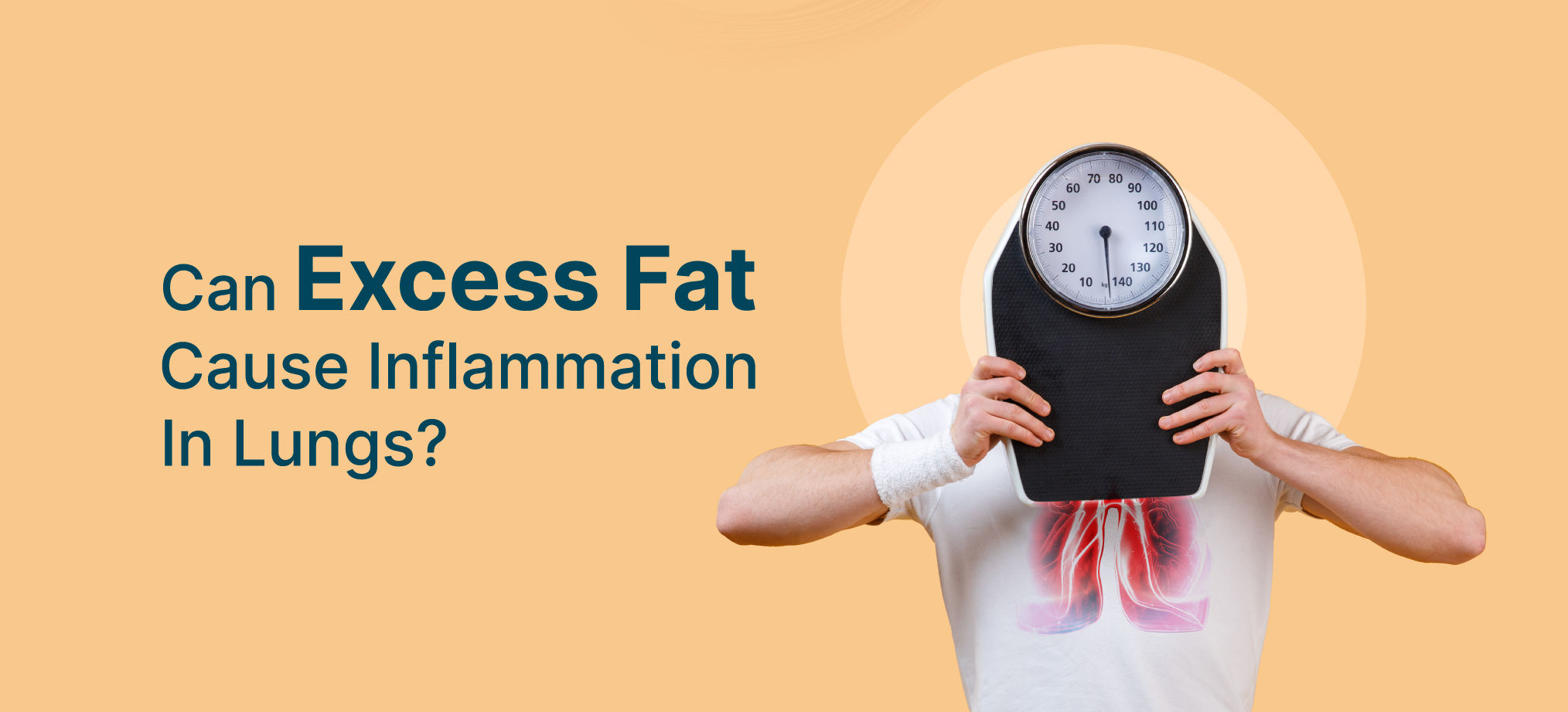Respiratory Health
Are Teens Who Stay up Late at Higher Risk for Asthma?
3 min read
By Apollo 24/7, Published on - 22 December 2020, Updated on - 09 June 2023
Share this article
0
3 likes

Asthma and circadian rhythm
Sleeping late at night and the risk of asthma in teenagers
How does sleeping late influence melatonin?
Conclusion
Respiratory Health
Leave Comment
Recommended for you

Respiratory Health
How Does Stress Impact the Lungs and Respiratory Health?
Studies indicate that stress can lead to wear and tear of the lungs thereby deteriorating respiratory health and worsening the symptoms of chronic lung conditions.

Respiratory Health
Obesity and Lung Function: Know How Your Weight Can Affect Your Respiratory Health
If you are obese, your risk of developing respiratory problems is higher. Here is what you need to know about the link between obesity and lung function.

Respiratory Health
How to Keep Your Lungs Healthy During Diwali
Bursting of firecrackers during Diwali leave behind toxic particles that are dangerous for everyone, especially those people living with pre-existing respiratory conditions such as asthma, chronic obstructive pulmonary disease (COPD) and bronchitis.
Subscribe
Sign up for our free Health Library Daily Newsletter
Get doctor-approved health tips, news, and more.
Visual Stories

Managing COPD During the COVID-19 Pandemic
Tap to continue exploring
Recommended for you

Respiratory Health
How Does Stress Impact the Lungs and Respiratory Health?
Studies indicate that stress can lead to wear and tear of the lungs thereby deteriorating respiratory health and worsening the symptoms of chronic lung conditions.

Respiratory Health
Obesity and Lung Function: Know How Your Weight Can Affect Your Respiratory Health
If you are obese, your risk of developing respiratory problems is higher. Here is what you need to know about the link between obesity and lung function.

Respiratory Health
How to Keep Your Lungs Healthy During Diwali
Bursting of firecrackers during Diwali leave behind toxic particles that are dangerous for everyone, especially those people living with pre-existing respiratory conditions such as asthma, chronic obstructive pulmonary disease (COPD) and bronchitis.